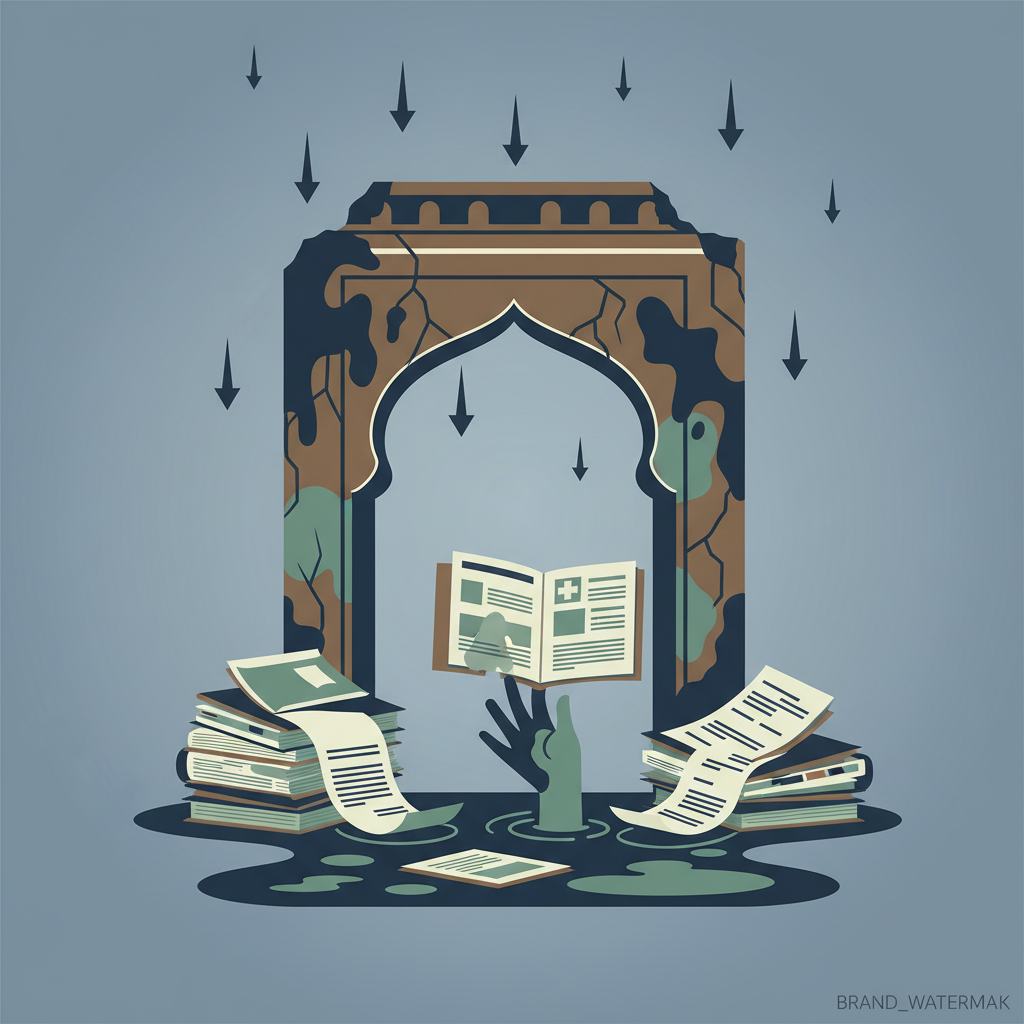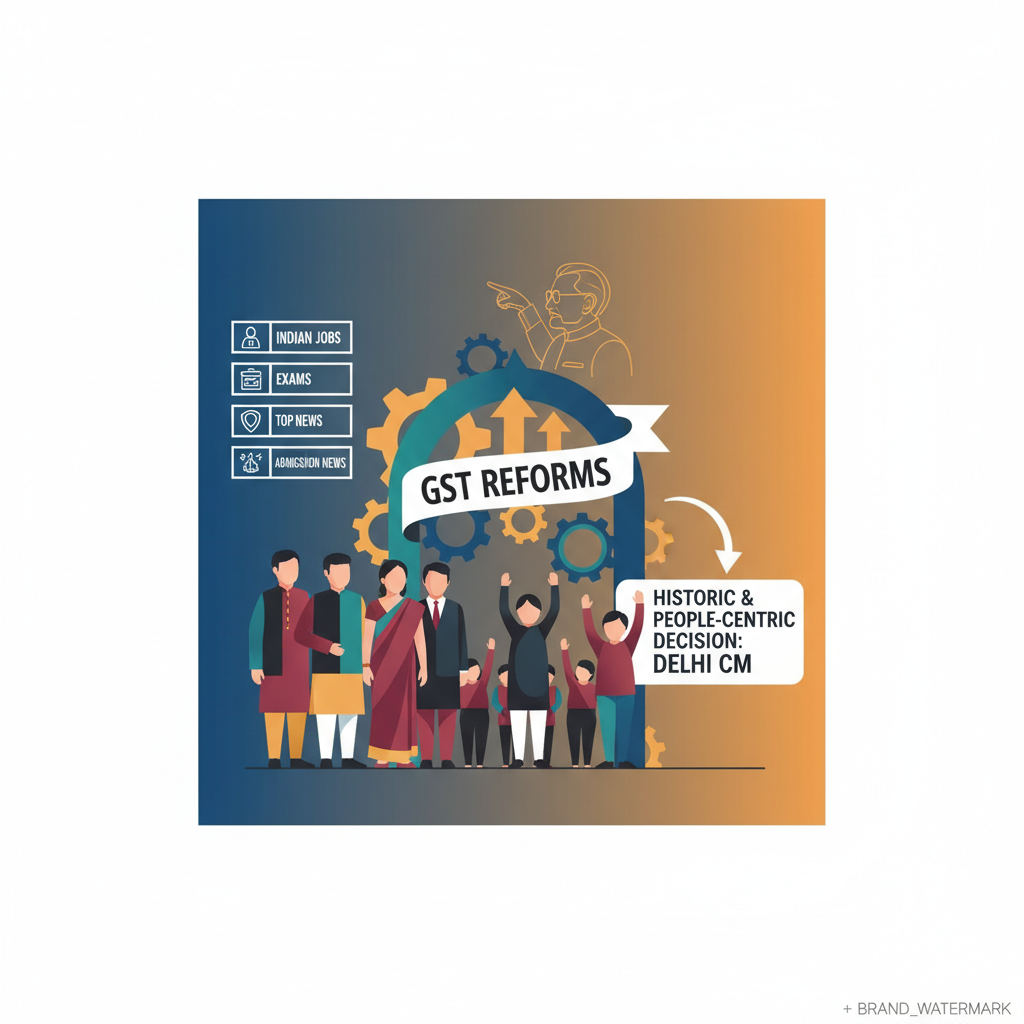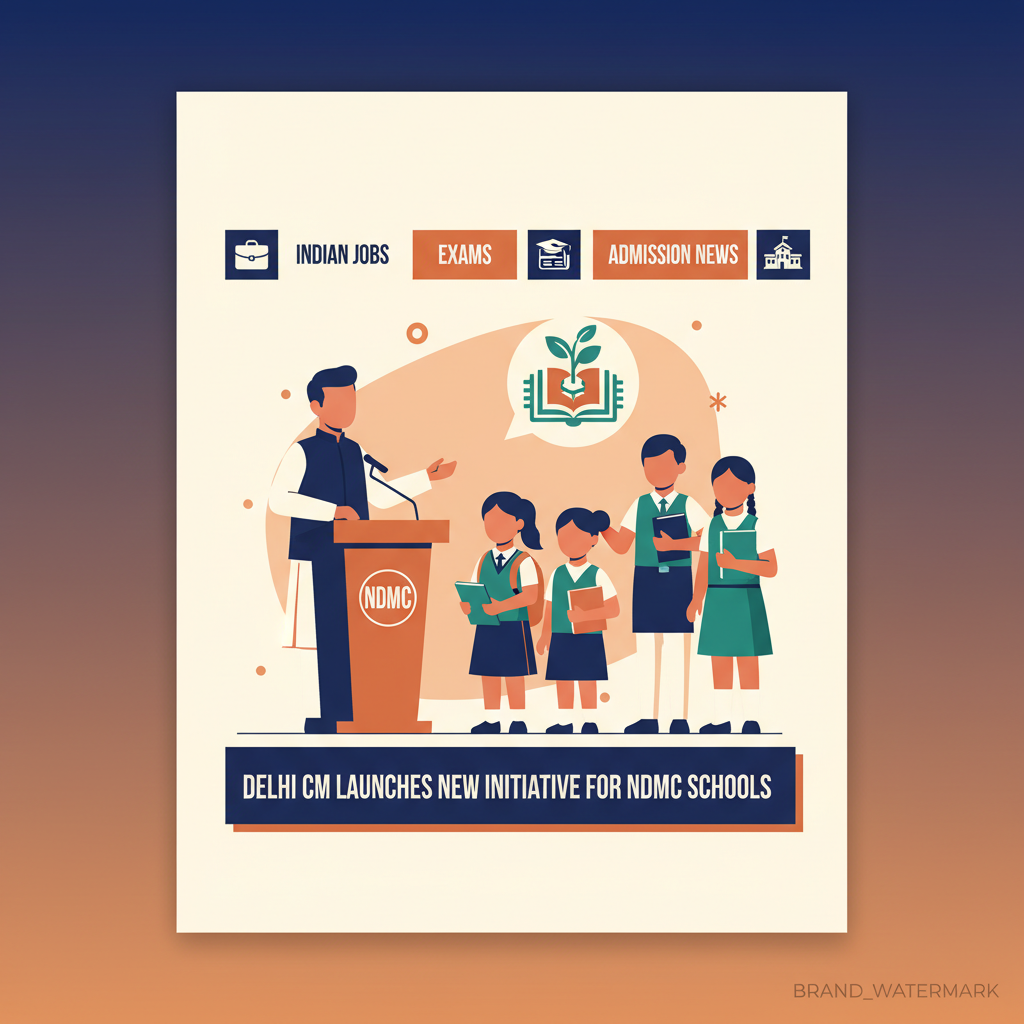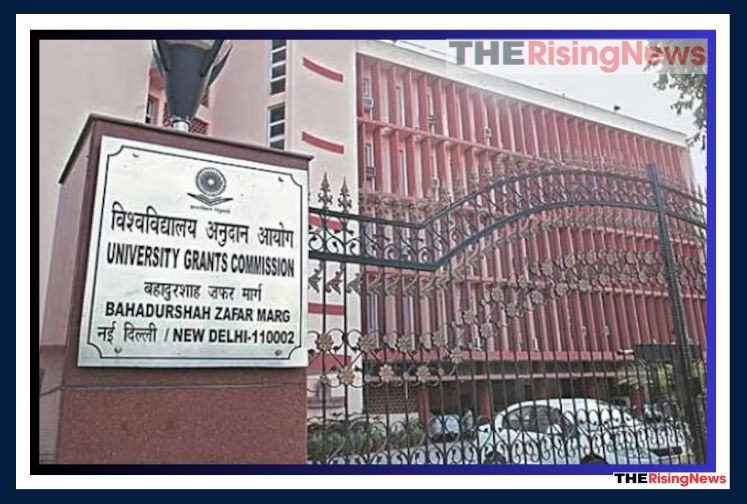UGC and Bharatiya Bhasha Samiti Launch ‘ASMITA’ to Create 22,000 Books in Indian Languages
UGC and Bharatiya Bhasha Samiti Launch ‘ASMITA’
The ‘ASMITA’ project is a collaborative effort involving UGC, Bharatiya Bhasha Samiti, and various educational institutions across India. These groups are working together to develop and standardize academic content in multiple Indian languages, significantly improving the educational landscape. This initiative will not only fill existing gaps in higher education resources but also ensure that students and scholars have access to quality educational materials in their native languages.
A crucial component of this initiative is the ‘Bahubhasha Shabdakosh,’ a comprehensive dictionary designed to standardize and promote Bharatiya terminology. The dictionary aims to ensure consistency and clarity in academic writing and translations, supporting a unified approach to higher education materials.
The educational impact of the ‘ASMITA’ project is expected to be significant. By producing 22,000 books across various disciplines in regional languages, the project aims to make higher education more inclusive and accessible. Students will benefit from better educational resources, and scholars will have improved tools for research and teaching.
In a recent workshop on ‘Writing of Textbooks in Bharatiya Bhasha for Higher Education,’ Secretary of Higher Education Sanjay Murthy introduced three major initiatives to promote Bharatiya Bhasha in higher education. Alongside ‘ASMITA,’ the launch included the ‘Bahubhasha Shabdakosh’ and a standard operating procedure (SOP) for writing books in Indian languages.
- Books Production: Plans to create 22,000 books across various disciplines.
- Language Preservation: Promotes the use and development of Bharatiya Bhasha in academic settings.
- Educational Accessibility: Enhances the availability of study materials in regional languages, promoting inclusivity.
The ‘ASMITA’ project, recently announced at a workshop organized by UGC and Bharatiya Bhasha Samiti, aims to produce 1,000 books per year in Indian languages. This collaboration involves 13 nodal universities and many member universities nationwide.
Future plans for the ‘ASMITA’ project include expanding to more universities and disciplines, potentially increasing the book output and linguistic diversity. The long-term goals are to enhance the richness of educational resources available and ensure that future generations benefit from this initiative.
The ‘ASMITA’ project marks a significant step towards enhancing educational resources in Indian languages, aligning with broader goals of linguistic diversity and educational inclusivity in higher education. Educational institutions and stakeholders are encouraged to participate actively in the initiative to help enrich educational resources in regional languages. This collective effort will not only preserve the rich linguistic heritage of India but also promote a more inclusive and accessible educational environment for all.
The University Grants Commission and Bharatiya Bhasha Samiti’s ‘ASMITA’ project stands as a testament to the commitment to improving the quality and accessibility of higher education in India. By fostering collaboration and standardization, this initiative promises to create a more equitable and inclusive educational landscape, benefiting countless students and educators across the nation.
More
- IGNOU Admission 2024: Last Date Extended for PG Courses MA, MBA, MSc, MSW, Apply by 31 July @ignouadmission.samarth.edu.in
- IGNOU Admission 2024: UG Admission Deadline Extended to July 31 – Apply Now for BA, BBA, BSW, BCom at ignouadmission.samarth.edu.in
- IIT JAM 2025 Schedule Released: Register @jam2025.iitd.ac.in from September 3 for February 2 Exam
- SPJIMR Admission Open for LiFE Programme Starting September 3, 2024, Apply Now @spjimr.org
- XAT 2025 Registration Opens July 15 @xatonline.com: Key Gateway for MBA Aspirants
- IP University Pharmacy Admission: New with PCI Approval [ DPharm, BPharm, and MPharm]
Related News
 News & Updates
News & Updates
 News & Updates
News & Updates
 News & Updates
News & Updates
 News & Updates
News & Updates
 News & Updates
News & Updates
 News & Updates
News & Updates
 News & Updates
News & Updates
 News & Updates
News & Updates
 News & Updates
News & Updates
 News & Updates
News & Updates
 News & Updates
News & Updates
 News & Updates
News & Updates


